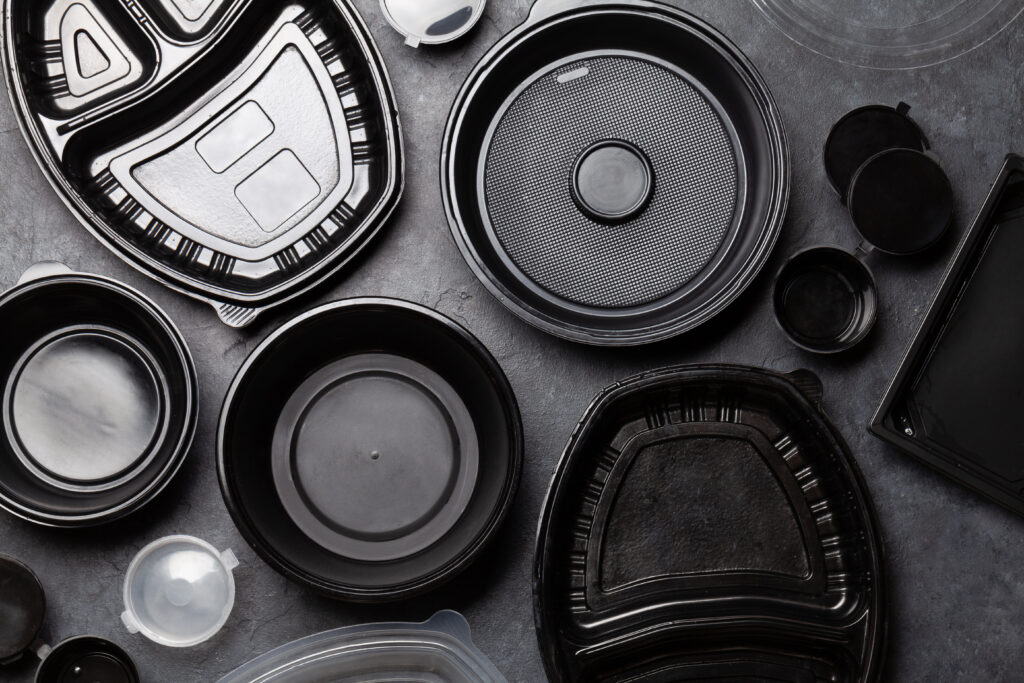The Rethink Plastic alliance, in collaboration with a coalition of 81 organizations, is advocating for the integration of effective reuse systems into the European Union’s (EU’s) Packaging and Packaging Waste Regulation. This push aims to mitigate waste produced by single-use plastic takeaway packaging. The collective advocates for the transition towards reusable packaging in the food packaging industry, asserting that it has significant environmental and financial benefits.
In an open letter to the members of the European Parliament from the Rethink Plastic alliance and its associated partners, the coalition is seeking a more comprehensive reuse legislation within the EU. This call for action is specifically directed towards members of the European Parliament and the Council, with the request to implement three key actions:
- “Support the European Commission’s sectoral reuse targets, including those for the takeaway sector;
- Conduct a critical assessment of the evidence comparing reuse and single-use packaging, challenging opaque methodologies, vested interests and unrealistic assumptions; and
- Establish economic incentives for reuse packaging systems, such as a dedicated fund from extended producer responsibility schemes.”
Related: Is Fiber Based Packaging the Next Trend in Sustainable Food Packaging?
According to Larissa Copello, the reuse & packaging policy officer at Zero Waste Europe, the current EU packaging legislation has not sufficiently addressed the problem of packaging waste. She argues that recycling capabilities are inadequate to manage the volume of waste generated and asserts that the transition to reuse doesn’t require more data or science, but concrete action.
The Rethink Plastic alliance provides a factsheet offering seven reasons why reusable takeaway packaging is a sustainable alternative to single-use options. The sheet highlights that reusable packaging is more climate-friendly, citing that emissions from reusable items are distributed over the product’s lifecycle, depending on the number of times it’s reused.
The Rethink Plastic alliance also points out that reusable takeaway packaging is environmentally friendly in terms of water consumption. It requires less water to clean reusable packaging than to produce single-use packaging, according to the Reusable Packaging Association. Furthermore, reusable packaging can be recycled, whereas incineration is the most common disposal method for single-use packaging.
Despite the rising “bring-your-own packaging” trend, the Rethink Plastic alliance argues that this approach will not be enough to bring about a substantial shift towards a circular packaging sector. The alliance maintains that this concept targets a niche of highly motivated consumers and doesn’t significantly balance the field between disposable and reusable packaging solutions, even with the incentive of a discount.
The factsheet produced by Rethink Plastic also brings attention to the issues of paper packaging. Despite its perceived recyclability, paper packaging can have a significant toll on forest resources and is not always recyclable due to contamination by food or coatings of plastic and aluminum.
Lastly, the Rethink Plastic alliance highlights that existing legislation and well-established reuse systems are already in place in several progressive EU member states. A number of countries, including France, Portugal, the Netherlands, Luxembourg and Germany, have already integrated measures supporting or mandating reusable packaging.












Join or login to leave a comment
JOIN LOGIN